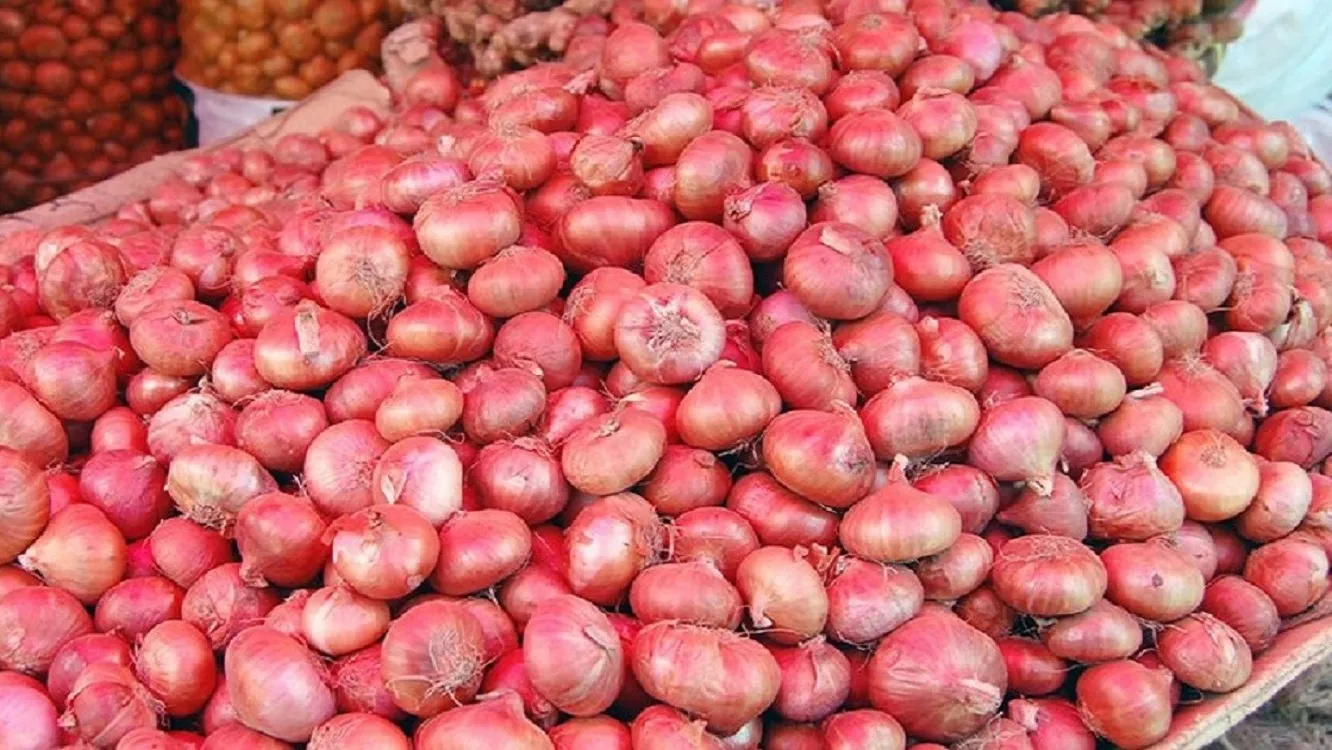


Dhaka's capital has been hit by a severe onion price shock, with the kitchen staple's cost surging from Tk70 to a staggering Tk120 per kilogram within a week (as of November 6), causing widespread frustration.
Retail prices are now between Tk110 and Tk120 per kg.Wholesale prices have doubled, with a palla (5 kg) jumping from Tk260 to as high as Tk540, meaning the wholesale rate has crossed Tk100 per kg. The Trading Corporation of Bangladesh (TCB) reports that prices have surged by over 50% in a month.
Traders at Kawran Bazar note that supply is low compared to demand, and prices have been rising since late October. District sources state that prices typically rise between late October and early December, as farmers have run out of stock and supply now lies with wholesalers. The halt of imports and higher onion prices in India have pressured the domestic market via the Hili land port.
Some wholesalers accuse middlemen of hoarding to inflate prices later, while the Consumers Association of Bangladesh (CAB) believes the hike is artificial and driven by market manipulation by a "vested group" exploiting election and political instability.
Buyers expressed anxiety over the "no logic" sudden spike, and many complained that market monitoring is largely ineffective.
The Department of Agricultural Extension (DAE) stated that farmers have started planting early murikata onions, which are expected to reach the market by early to mid-December.
Farmers in Pabna are skeptical, noting many did not grow murikata onions this year due to losses last season, and planting was delayed by rainfall. However, DAE does not anticipate a major supply impact, expecting only a slight delay. The Ministry of Commerce is holding off on an import decision, waiting to see if the new domestic supply materializes within two weeks, as advised by the Agriculture Ministry. Bangladesh typically imports 500,000–700,000 tonnes annually to cover a 25% spoilage rate in its 3.5 million-tonne domestic production.
Comment